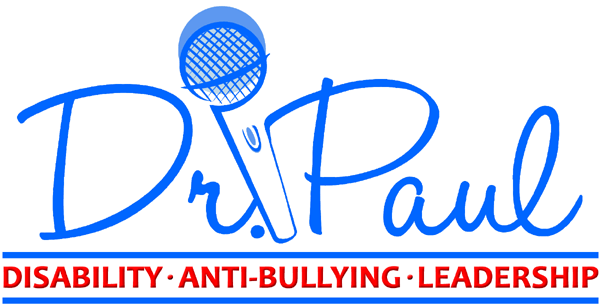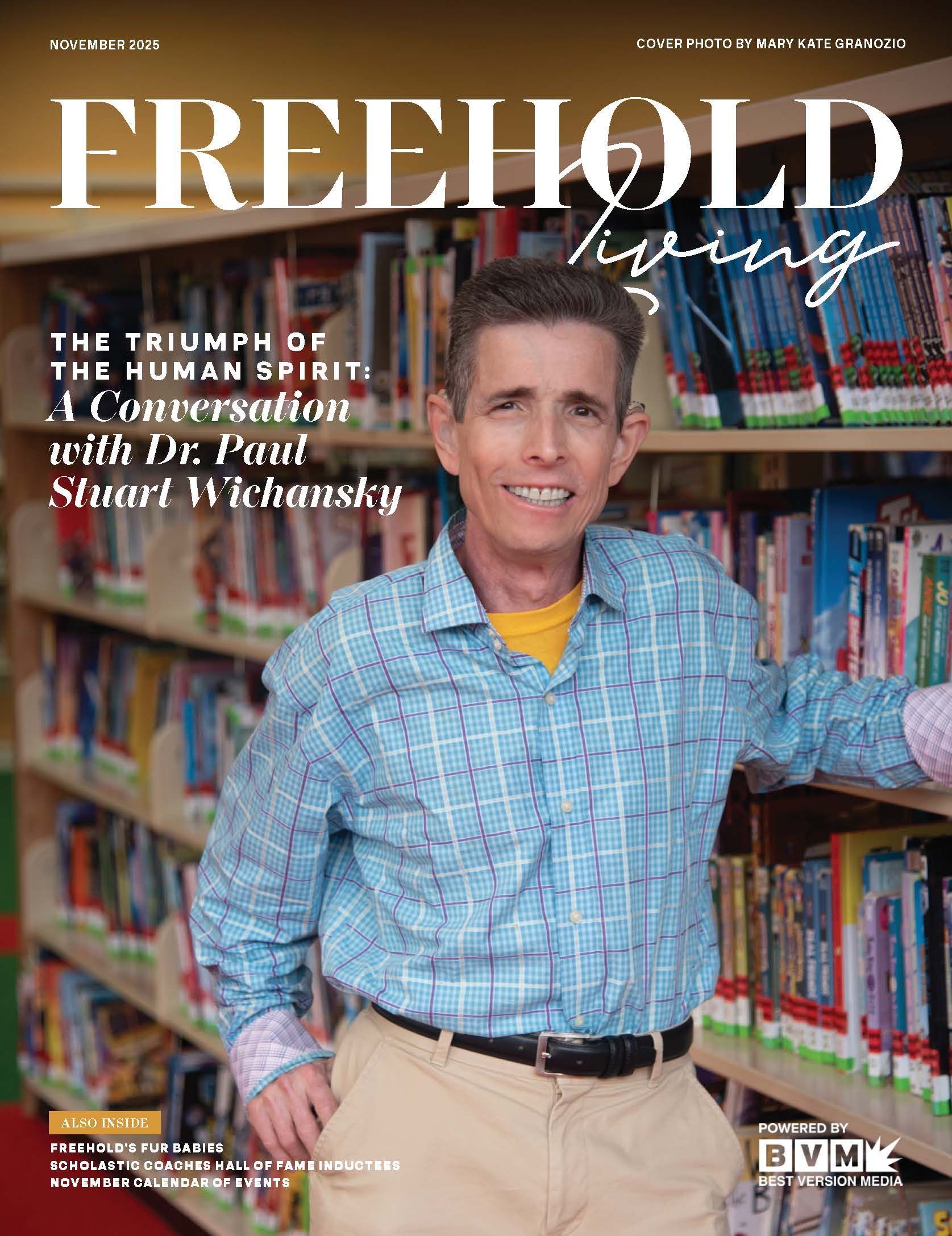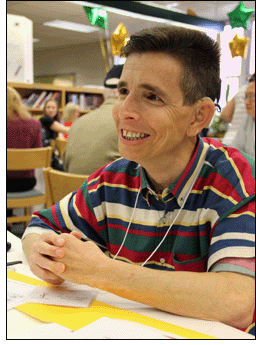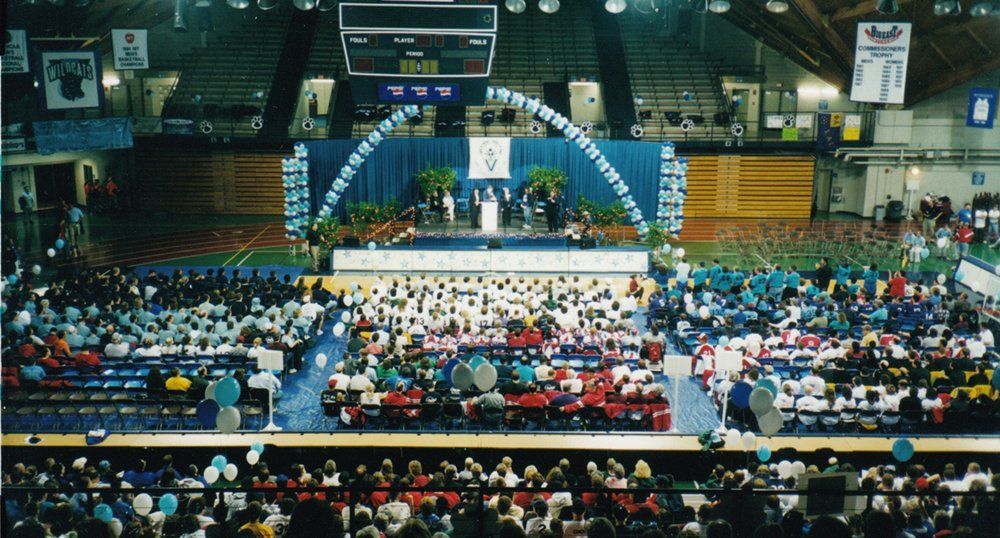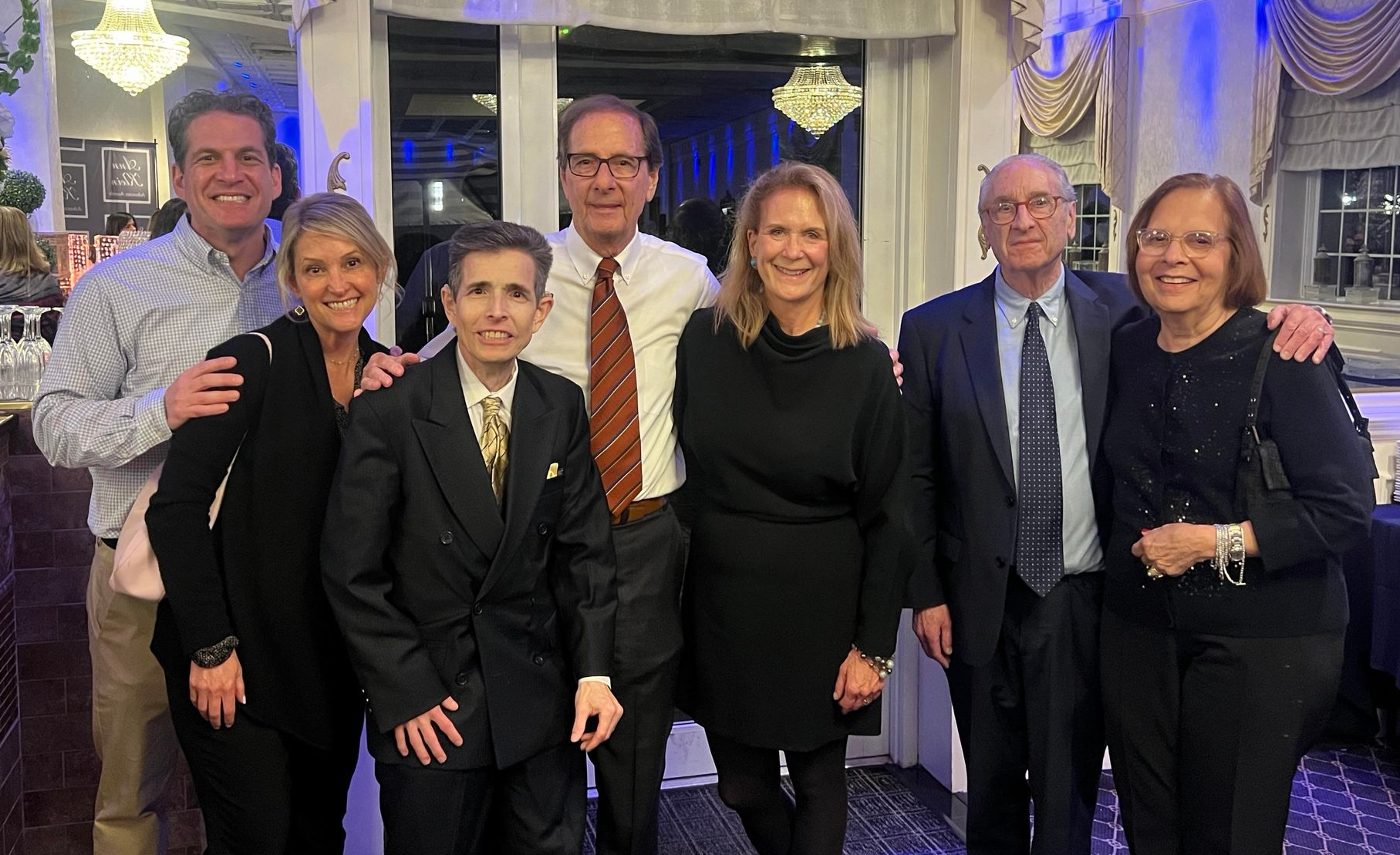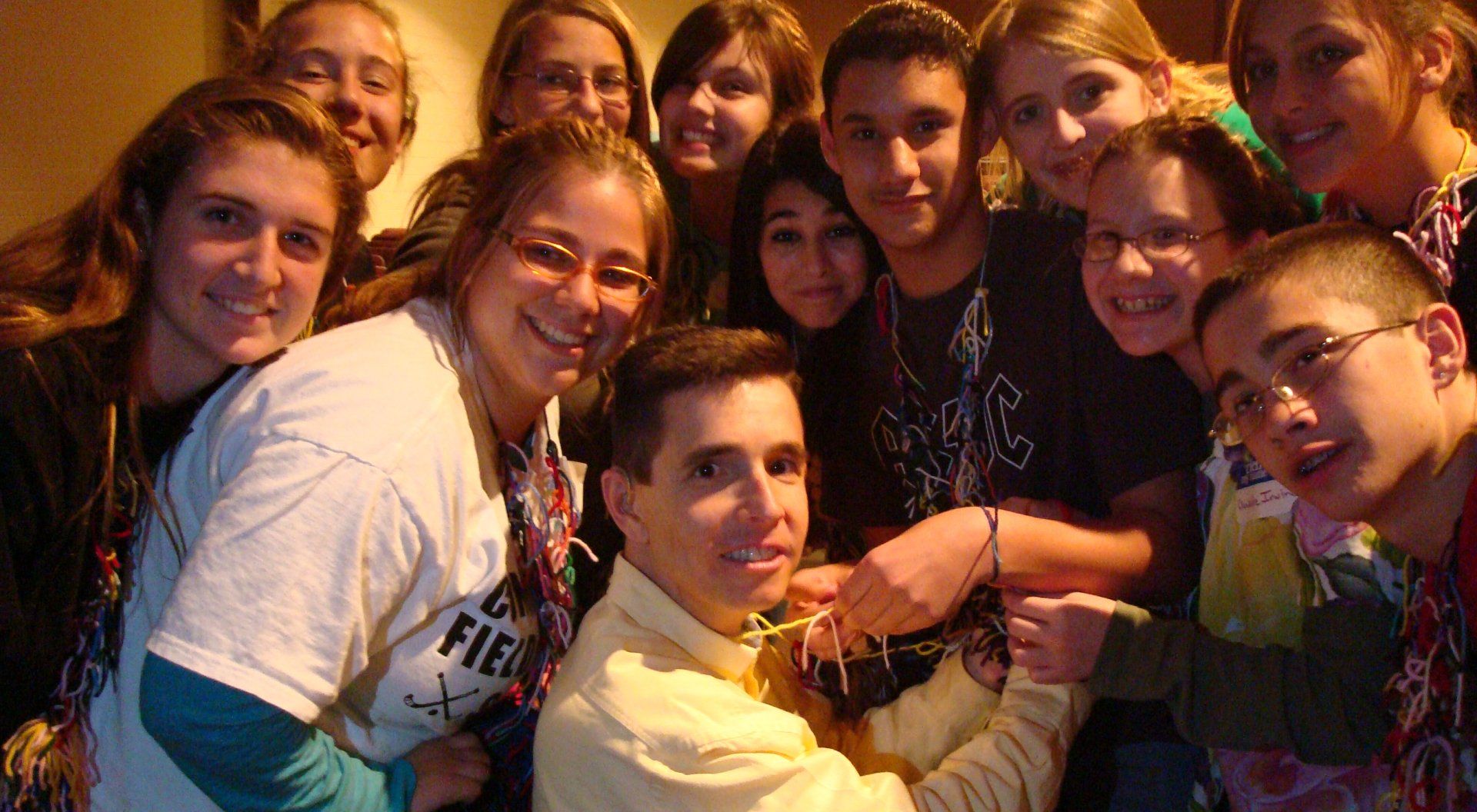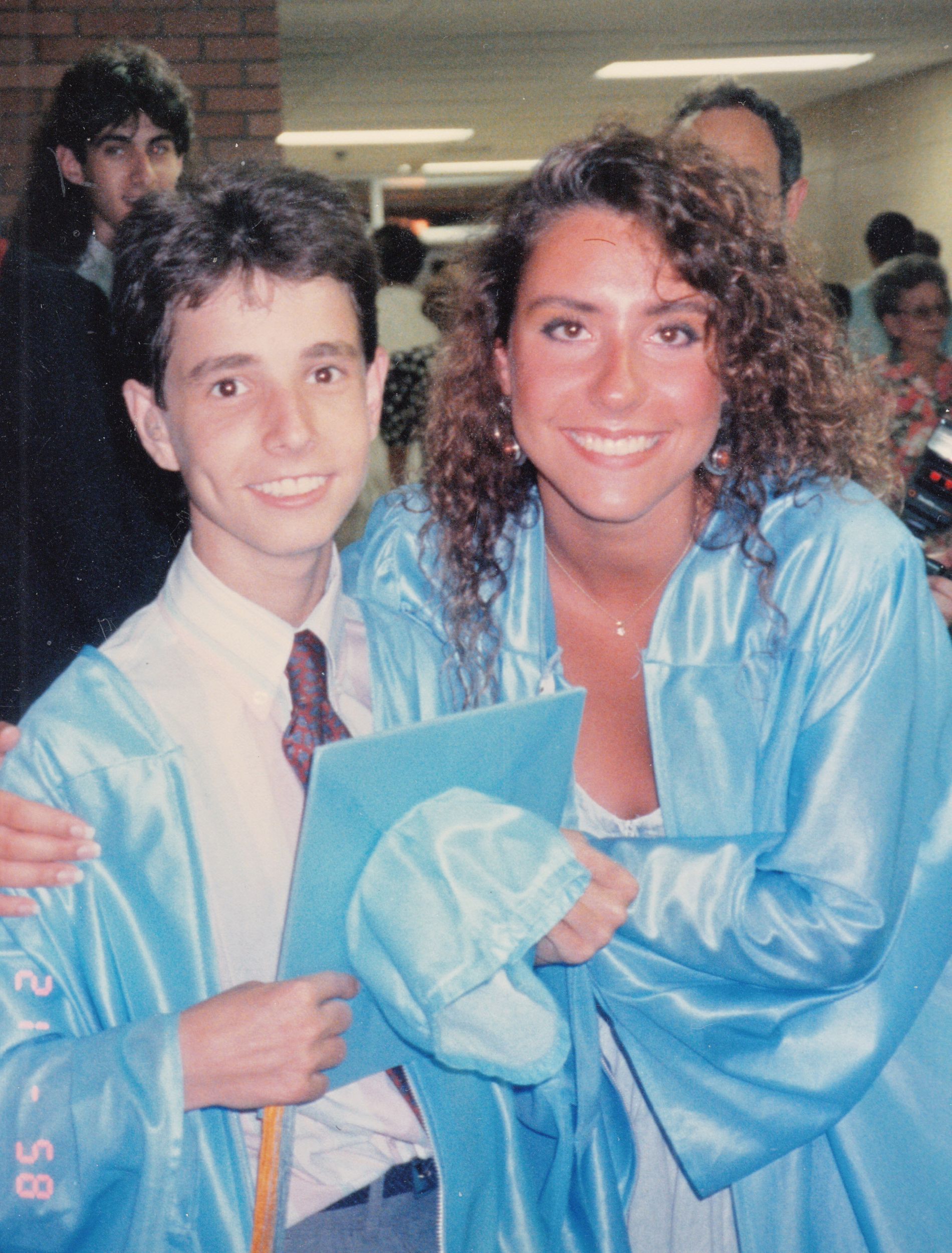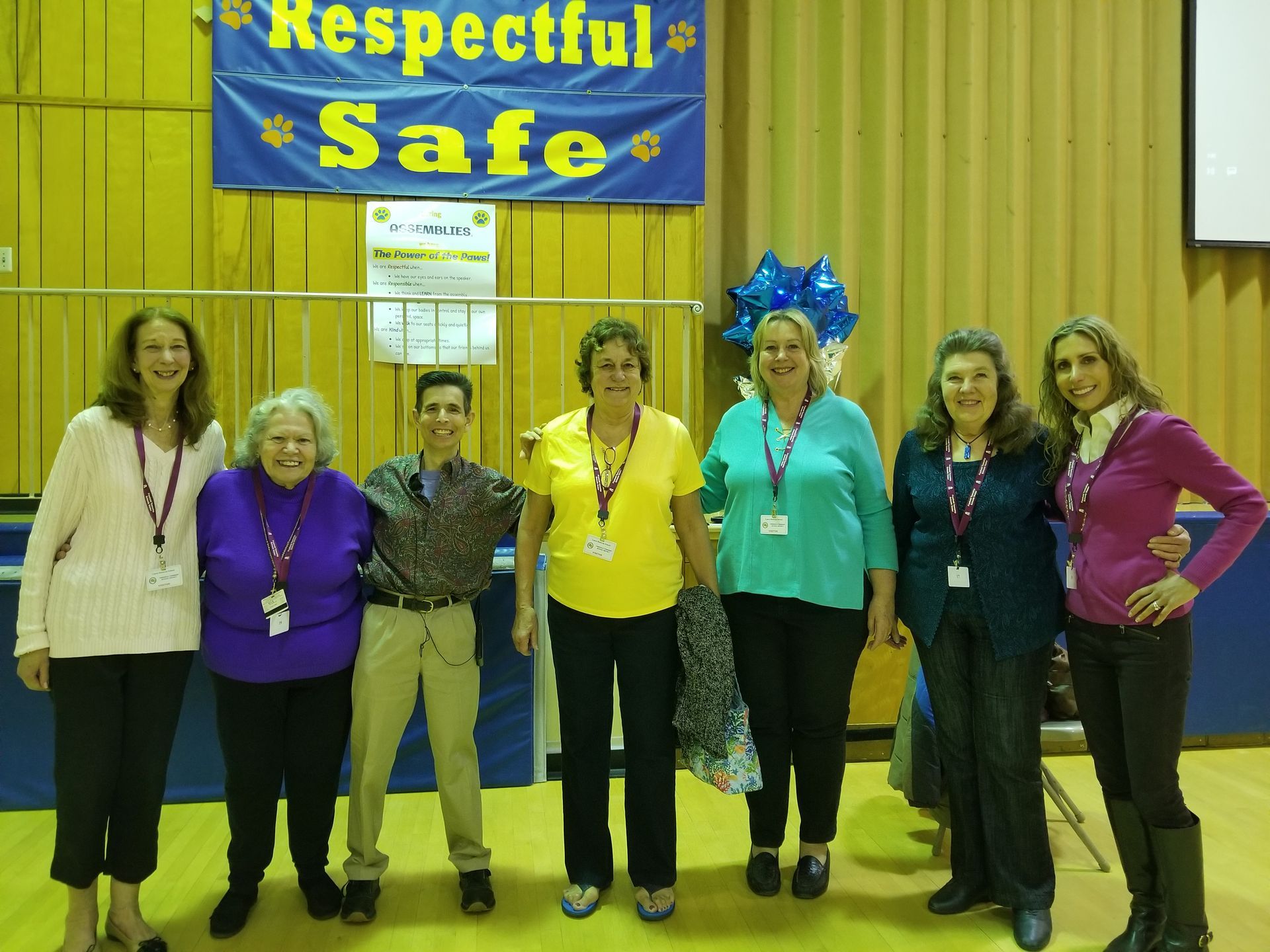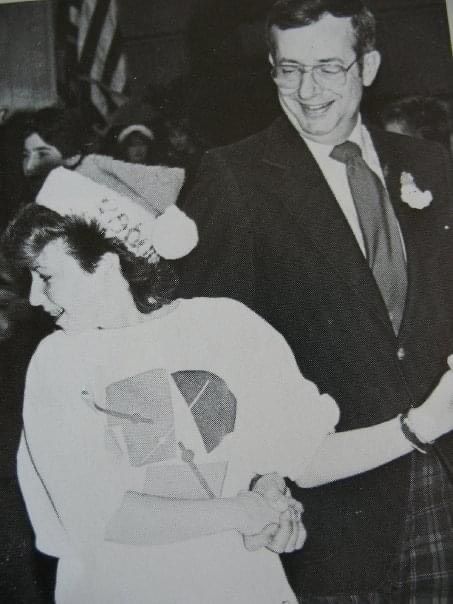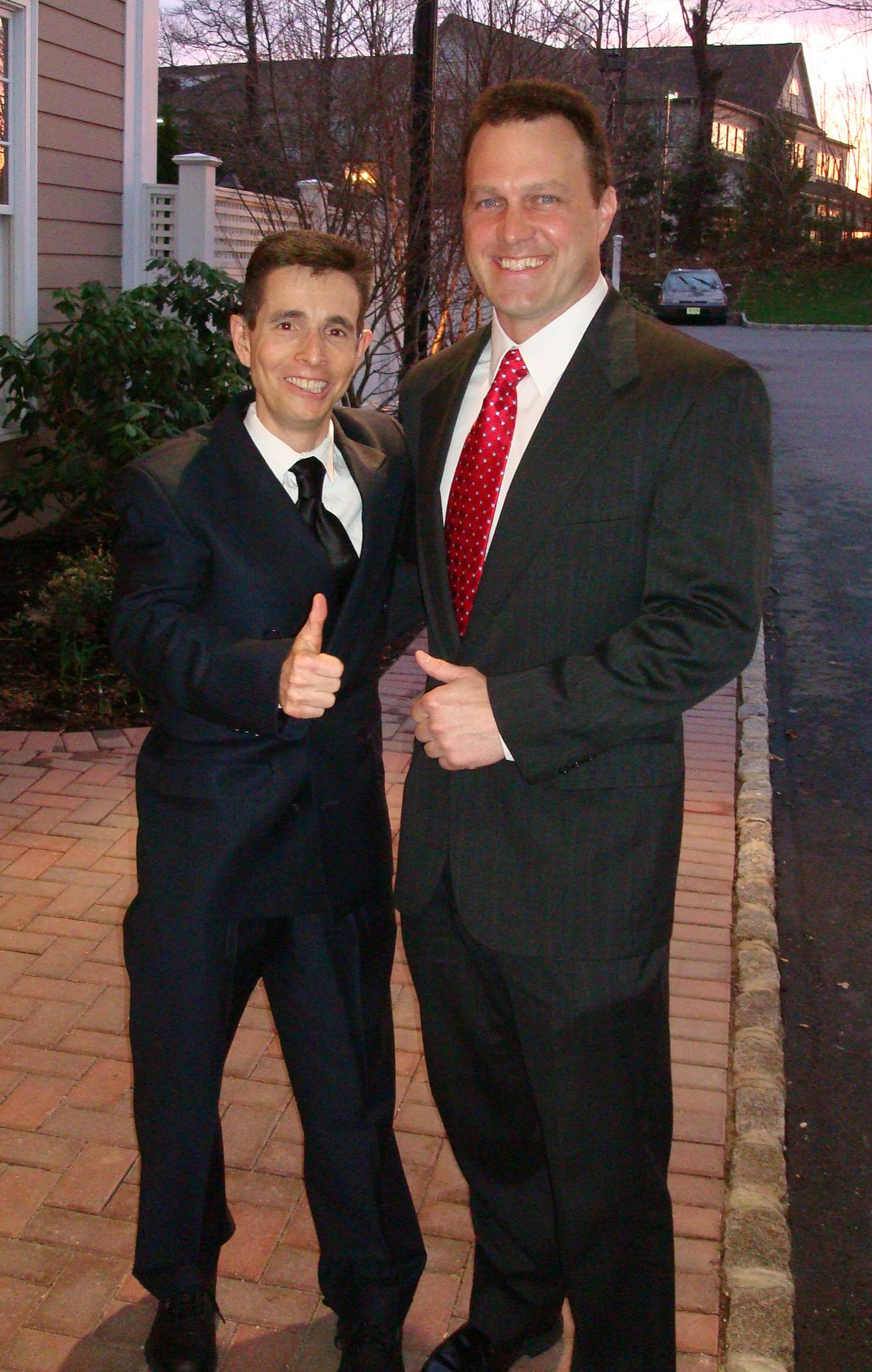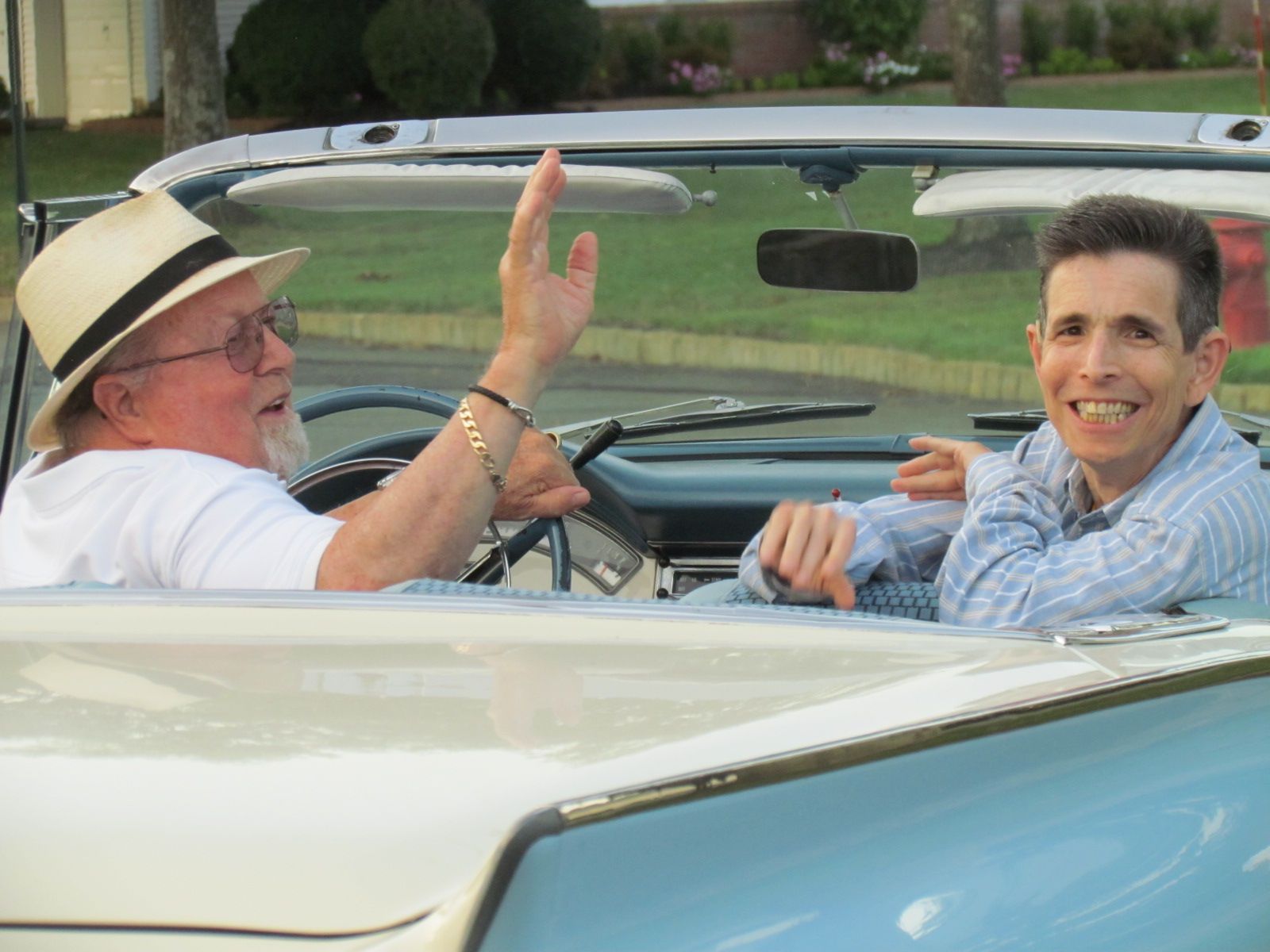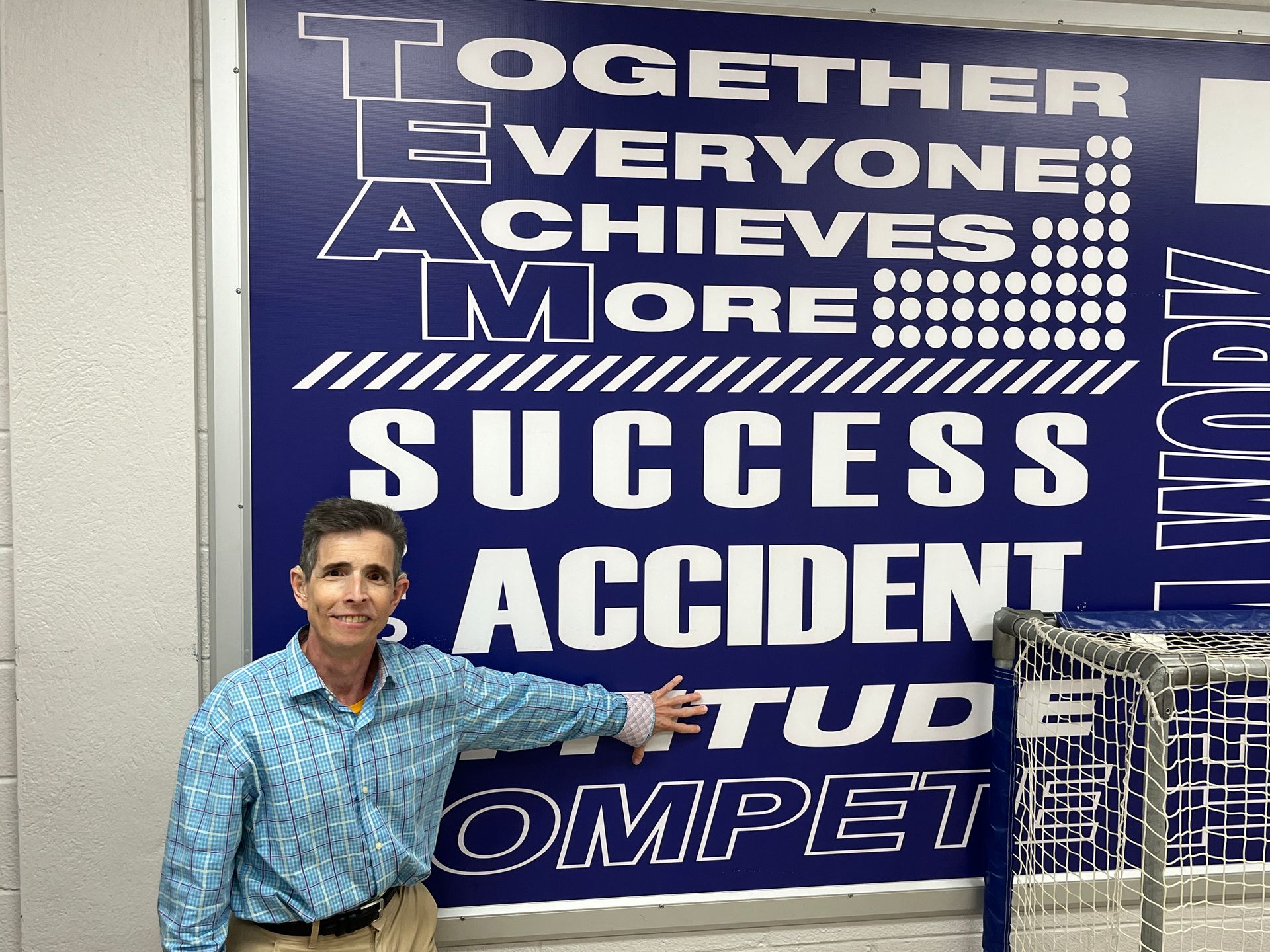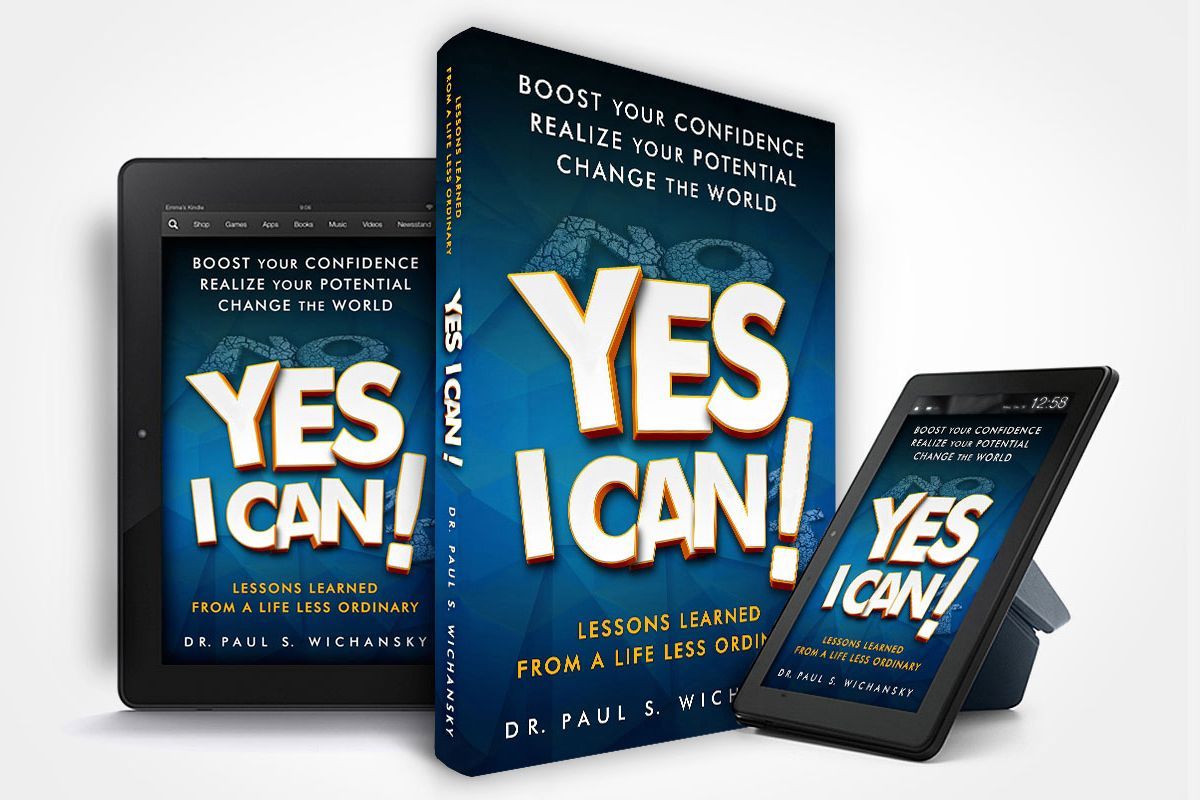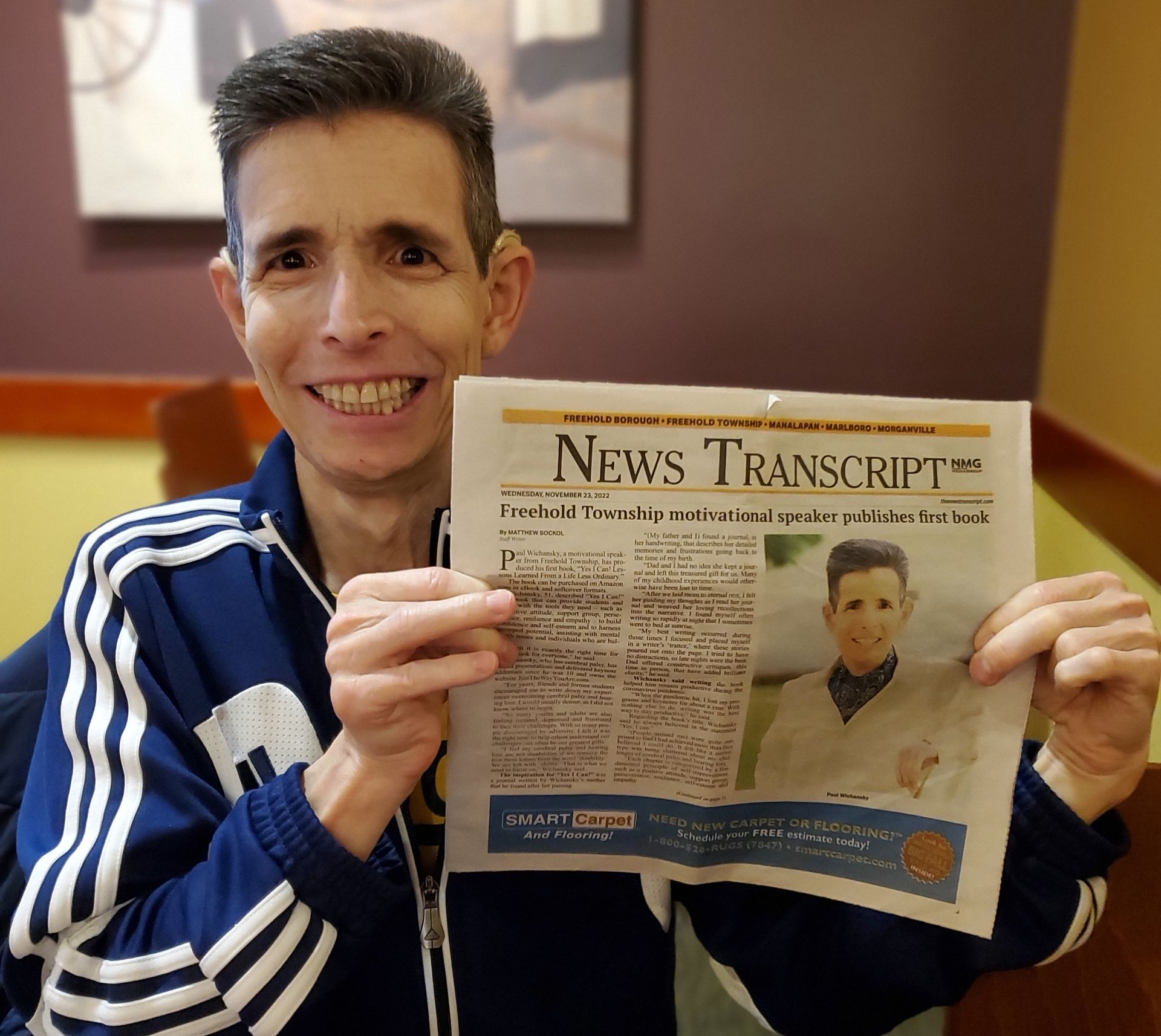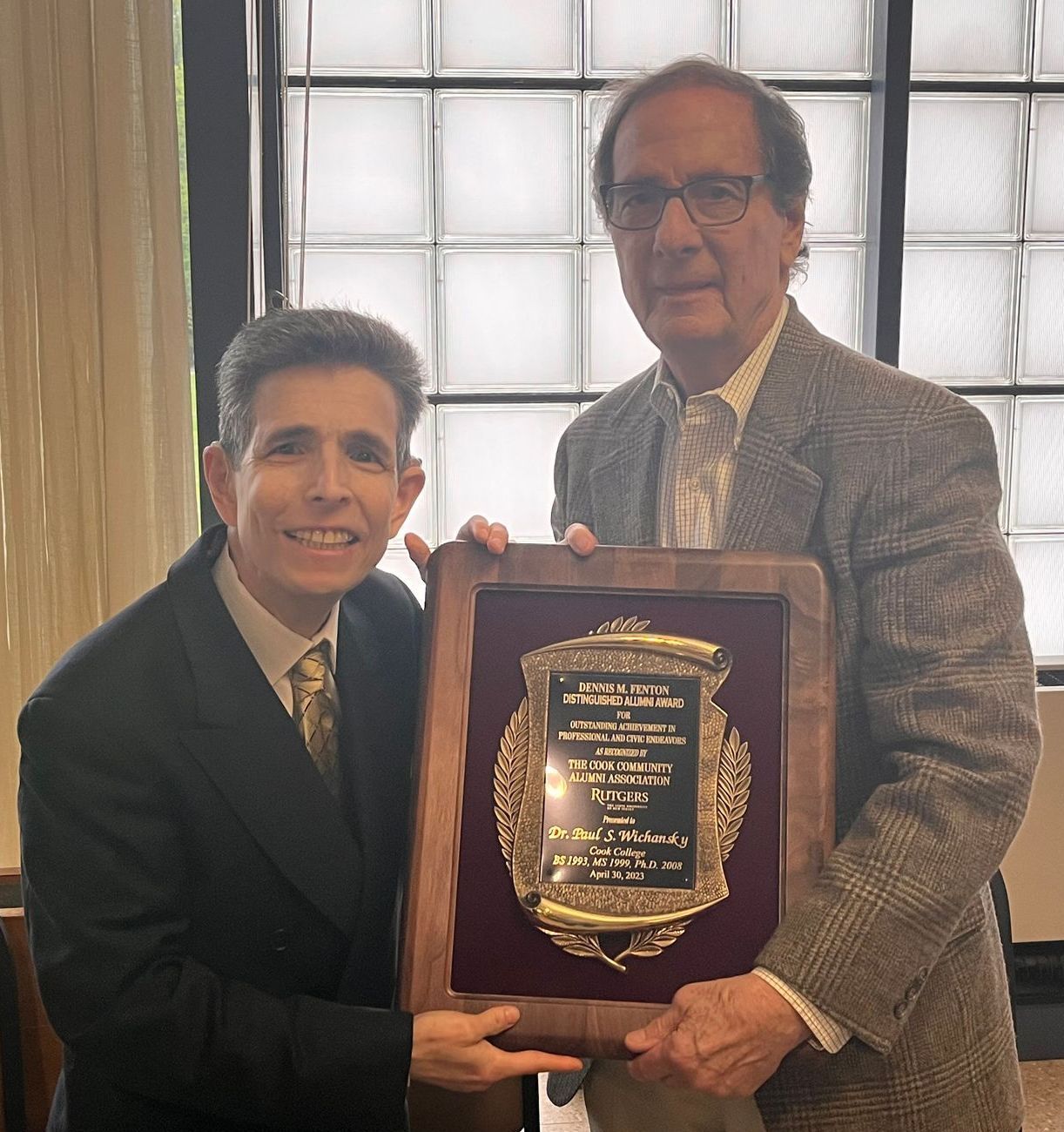Q: You describe your story as the triumph of the human spirit. What does that phrase mean to you personally?
A:
The triumph of the human spirit means striving to be the epic version of ourselves, personifying the courage and tenacity that motivates us to rise above adversity.
Facing a challenge, whether an illness, injury, disability, or bullying, we find ourselves under dark storm clouds in which we have a choice. Some emotionally surrender to their adversity, creating doubt and uncertainty about the future along with a negative attitude that pushes people away. Others choose to embrace adversity and use the challenge to inspire perseverance and resilience with their perennial
“never think never” spirit.
I believe my soul chose to have cerebral palsy and hearing loss in this earthly body, not as weaknesses to be ashamed of, but as unique gifts to be
embraced.
No one needs to have a victim mentality, frequently asking the question, “Why Me?”
That question is negative and way too selfish! I choose to ask myself,
“Why Not Me?” and see these challenges as special abilities that have inspired me to give others hope and, more importantly, self-love.
Q:
How did your parents support you during a time when inclusion in schools was not the norm? What role did their belief play in helping you dream big?
A:
I had the right set of parents with different approaches to raising their child with special needs. Mom taught me compassion, empathy, and always trying to help others feel their best, reinforcing a positive self-image. Dad taught me to be confident and motivated to reach goals, strict but not demanding. My sister Suzanne, a school counselor in southern Maryland, inspires me with her family and encouragement.
Dad used a unique approach to boost my self-confidence. When I reached a goal or milestone, he offered his compliments,
“Great job, Paul! Now go on to your next goal!” His congratulations were followed by subtle encouragement, as if he wanted me to be unsatisfied with reaching that goal and harness the inner strength to
“raise the bar,” achieving beyond what he thought I could do.
While Dad rarely shares with me how proud he is, I often hear remarks from family and friends that he freely shared his pride with them!
My parents also practiced patience rather than choosing to unfairly compare my achievements with those of my peers. For example, hearing an unexpected noise would cause my muscles to instinctively tighten, a reflex that caused my body to jump. Dad suggested waiting an extra year to earn my driver’s permit so that I could have improved control of these reflexes. Though I was proud to earn a driver’s license at age 18, it would be three more years before Mom and Dad were confident in my driving skills that they allowed me, for the first time, to drive 15 miles to the Jersey Shore alone.
Their patience eventually became infused in my personality.
Q: You have shared your experience of being bullied and choosing to forgive. What helped you make that decision and how has it shaped your approach to life?
A:
When I learned to forgive a bully who hurt me in the past, especially in school, a sense of emotional freedom emerged. Why would someone else take my power, make me angry or overcome with uncertainty, at a moment when I should feel
empowered?
Forgiveness is itself a sign of strength, never a weakness. It is an act of love that can replace feelings of hostility, greed, or jealousy. We also need to forgive the
younger version of ourselves for having anger and rage that once poisoned our soul, expecting the other person to be hurt. This can sadly destroy our optimism and, with it, our dreams.
I encourage everyone, including kids and teens, to let go of the anger and forgive those bullies who hurt you, perhaps with a degrading social media post or negative words. You’ll feel much better because love is replacing anger and denial. I did exactly the same, which is why the former bullies are now my friends. They learned empathy. We learn to feel confident and loved too.
Withholding love from others
(and sadly from ourselves) is the pain and anger we carry. Love everyone; even those whom you feel do not even deserve our respect. Just love those kinds of people “from a distance.”
Q:
Your programs focus on confidence, resilience and mindset. What message do you believe kids and parents most need to hear today?
A: Optimism and confidence are the cornerstones of self-empowerment.
Keep social media on the desktop computer exclusively at home. When walking out the door each morning, and I speak for parents too, leave all social media behind for the day and focus on living in the moment. It’s depressing to be dining at a restaurant and observe a family at the next table, each glued to their screens rather than the parents sharing family time with their kids.
Maximize the time you spend with others
while honoring our elders.
For instance, following her retirement, Big Gramma lived alone in Covered Bridge. I took frequent breaks from my graduate studies and drove to her apartment several times a week to take her for lunch or dinner. While my parents acknowledged the benefit of those meals, they were arguing with me because I was spoiling her at the expense of my graduate studies. My priorities were straight and my heart was in the right place. I knew someday these meals would end, but I did get to know Big Gramma better than did any of my family members. Even if we had the same conversation a few times per week, I smiled at the attention we showered on each other.
We don’t ever want to miss such family moments when our faces are otherwise buried in a cell phone or playing video games. Though Big Gramma passed many years ago, her love continues to speak through me. This is how I describe the importance of role models to children and teens.
The power of love can be harnessed in resilience. Love is omnipresent; with resilience comes our choice to positively respond to negative moments.

